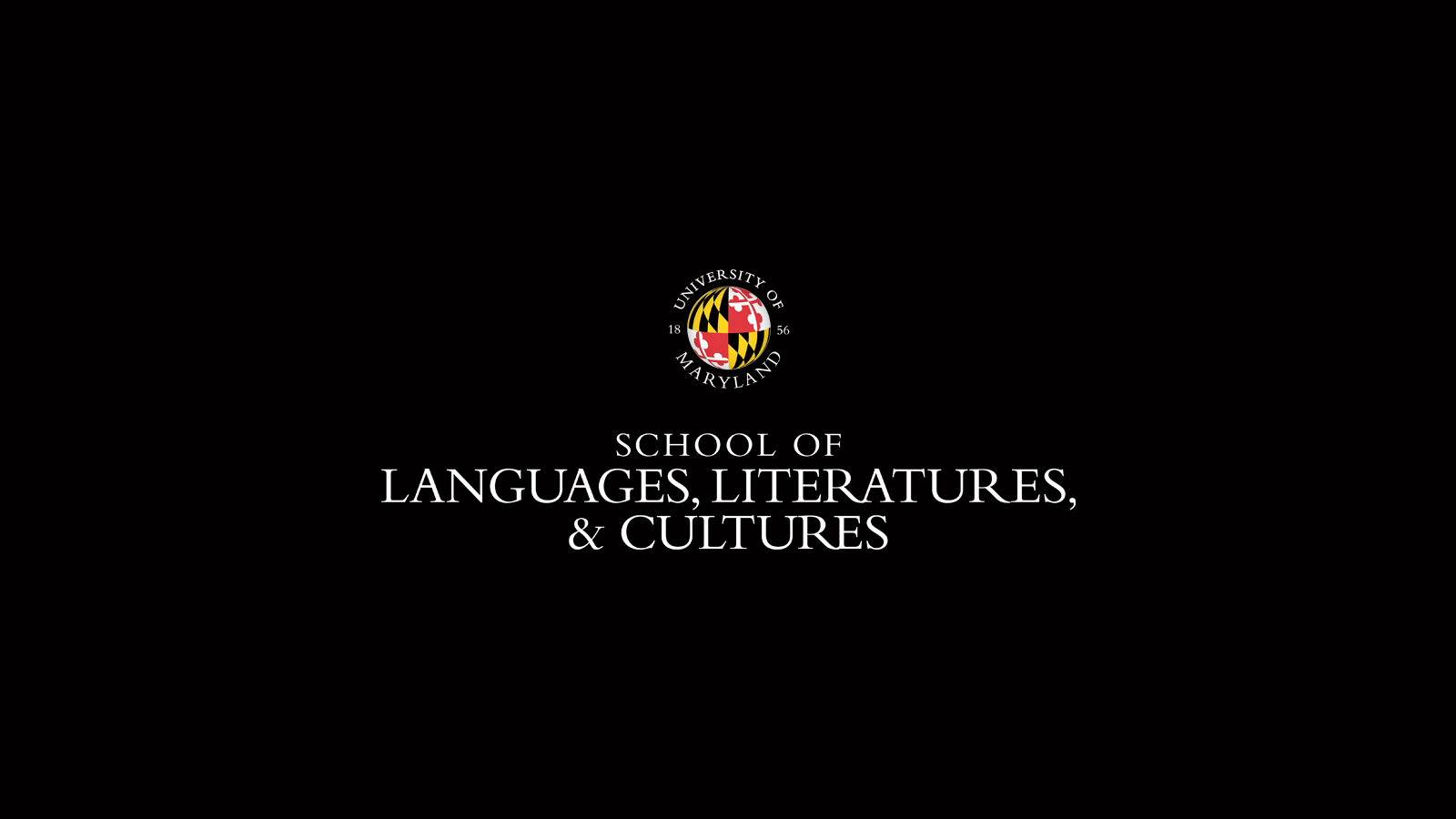Falls Lecture

Falls Lecture
This year’s Falls Lecture will be delivered by Dr. Safoi Babana-Hampton of Michigan State University, who will present a screening of her documentary film Hmong Memory at the Crossroads.
Safoi Babana-Hampton, Director, Screenwriter, Producer and Executive Producer, Humanities Without Walls Consortium Project PI, Michigan State University is Associate Professor of French in the Department of Romance and Classical Studies at Michigan State University. Her primary areas of teaching and research are the comparative study of 20th and 21st century French and Francophone literatures and film with a special interest in representations of the postcolonial condition in the French-speaking world, theories of narrative, representation and interart dialogue as they relate to questions of gender, memory, and the modern notion of agency. She is the author of a number of studies relating to conceptions of multicultural citizenship, historical memory, interfaith relations and artistic hybridity in the cultural and cinematic productions of French cultural minorities of North African origin, Moroccan Sephardic literature, and other Francophone literary and filmic narratives from North Africa and Québec. She is a former recipient of a Fulbright grant and a member of several professional associations, including the Modern Language Association and the Conseil International d’Études Francophones.
Film Synopsis,
Hmong Memory at the Crossroads is a documentary that weaves the stories of three generations of Hmong refugees in the US Midwest and France.,
Liachoua Lee, a Hmong-American from Rochester Hills, Michigan, revisits his past as a former refugee and son of Hmong veterans of the French Indochina War (1946-1954) and of the American Secret War in Laos (1961-1975), by revisiting places that carry traces of his personal history and the emotional scars left by the war. Lee’s story begins in Detroit, Michigan, then takes him to France, a place where he and his family sought asylum before immigrating to America, and ends in an emotional return to the homeland Laos for the first time in 40 years. The film documents Lee’s re-reading of key chapters of his refugee history, re-creating memories of wartime as experienced by the child he was then. The film follows Lee’s journey of remembrance, which brings his personal story into conversation with others’ stories in the Hmong community, American Vietnam veterans, French Indochina War veterans, historians, and government officials, in the Midwest and France.
A production of Michigan State University, in partnership with the Humanities Without Walls Consortium, based at the Illinois Program for Research in the Humanities at the University of Illinois at Urbana-Champaign and funded by the Andrew W. Mellon Foundation. , All rights reserved. Michigan State University 2015.
Additional Sponsors: Department of East Asian Languages and Cultures,

